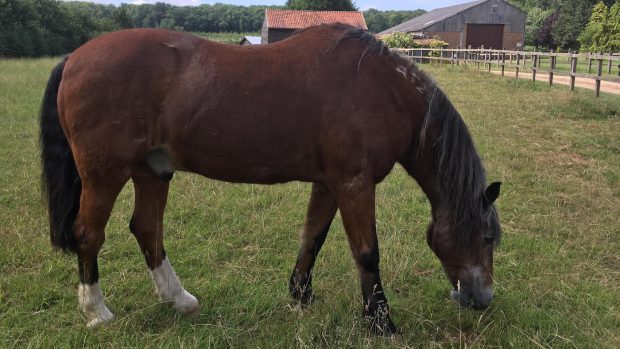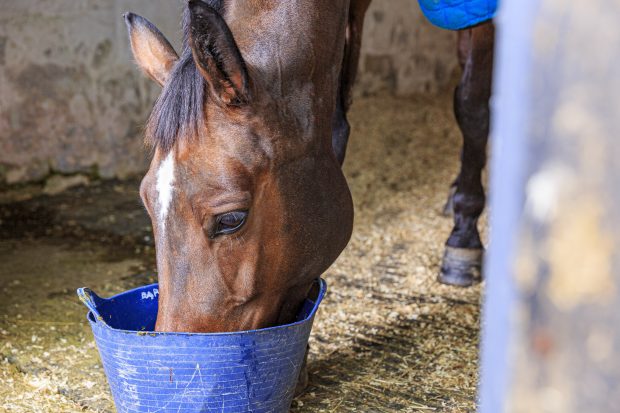Tack shops and feed retailers have very few things in common with the Tescos or Sainsburys of this world when it comes to selling goods. One area they share, however, is that both tend to stock budget or own-label options. In the realm of the equine grocer, this means horse feed often sold at a price somewhat below that of the main brands.
The question is, is your budget “horse and pony mix” or “pony cubes” the good value it seems? To make that judgement, an understanding of nutritional worth, quality issues concerning manufacture and what you require of your horse need to be taken into account.
When choosing any feed, the nutritional specification indicates the power of that food to help a horse work. Many budget feeds offer the bare minimum needed to do a basic job, from energy and protein to vitamins and minerals.
One of my maxims as a nutritionist is that animals respond to nutrients, so to get the best out of your horse, the right span of nutrients is required.
“Basic” may mean survival, but it might not mean long-term health, whatever the horse. Low nutrition doesn’t have an immediate negative visual impact, and, likewise, improvements don’t happen overnight.
One fine detail worth mentioning is quality. Depending on the manufacturer and its main line of business, ingredients of budget feeds can vary. For instance, if sourced from a ruminant compounder, ingredients may include palm kernel, maize gluten and citrus pulp. These are rarely found in the main brands.
Another quality issue is that of prohibited substances. If you take part in affiliated competition, wording on packaging that states “not knowingly contains substances prohibited under FEI or Jockey Club Rules” may be unsuitable.
The big manufacturers exclude such substances by tight control on ingredient buying and huge behind-the-scenes expenditure in checking for their absence.
One thing is for sure, nutrition is a powerful tool in the long-term health and performance of your horse. Low-cost feed options might not deliver either.
| This article first appeared in Horse & Hound magazine. Click here to subscribe and enjoy Horse & Hound delivered to your door every week. |




